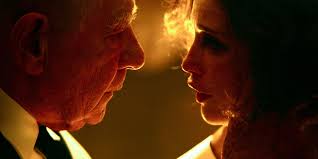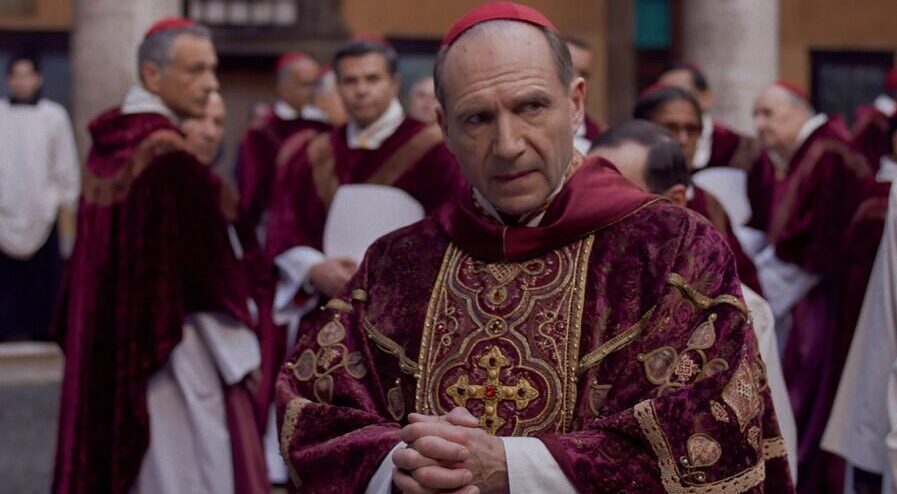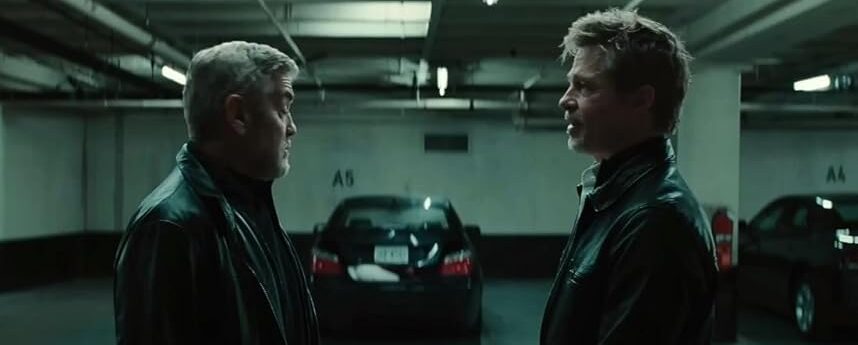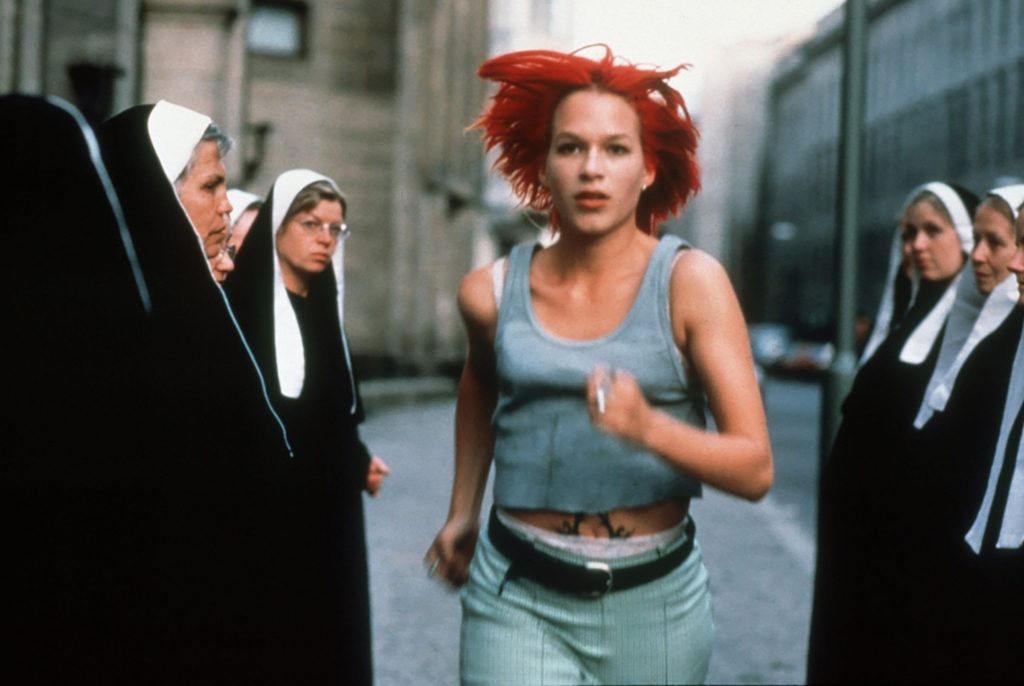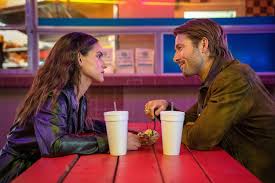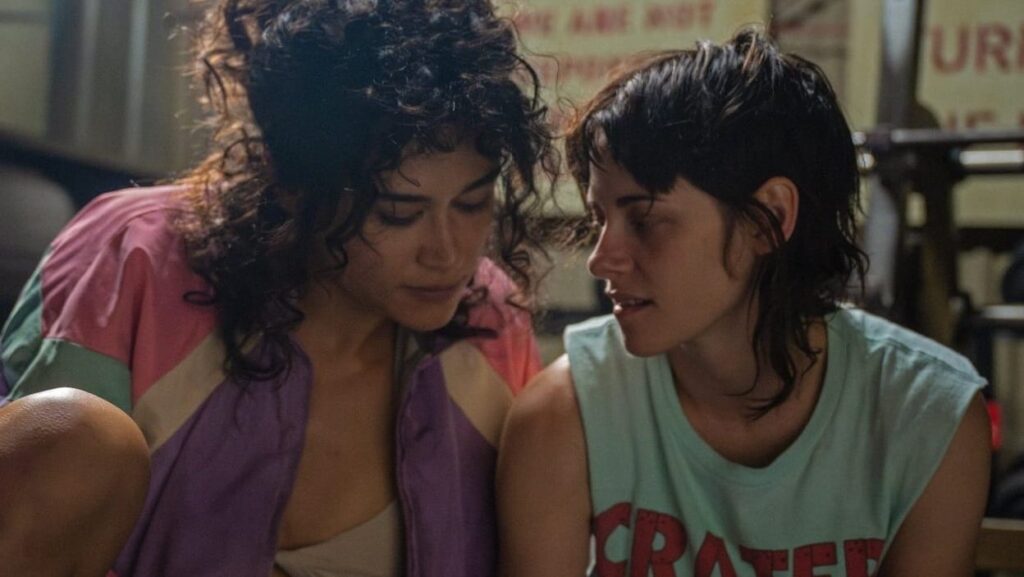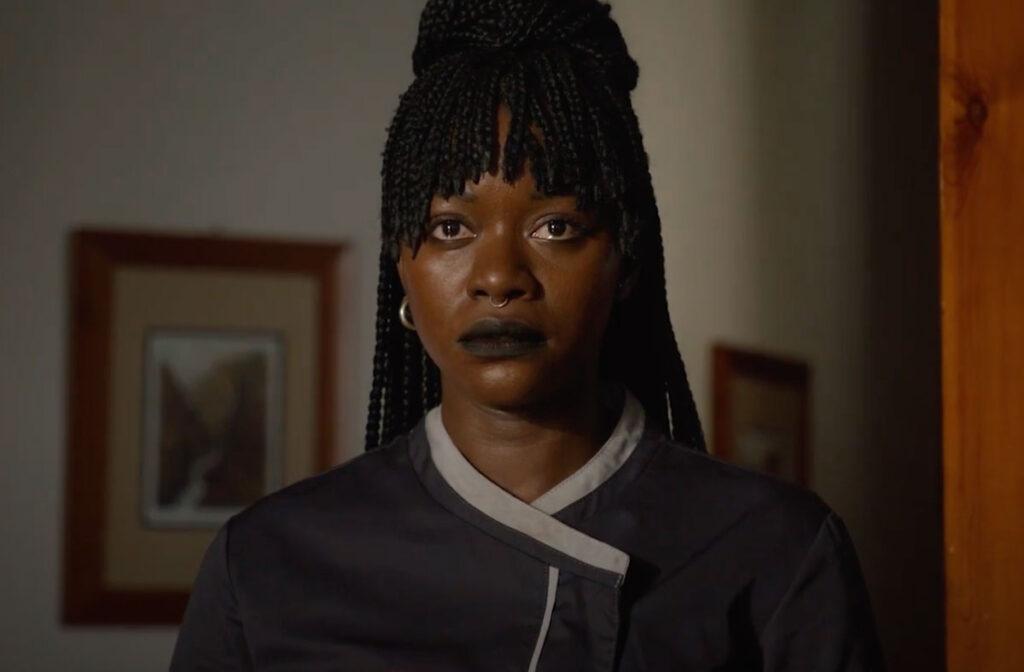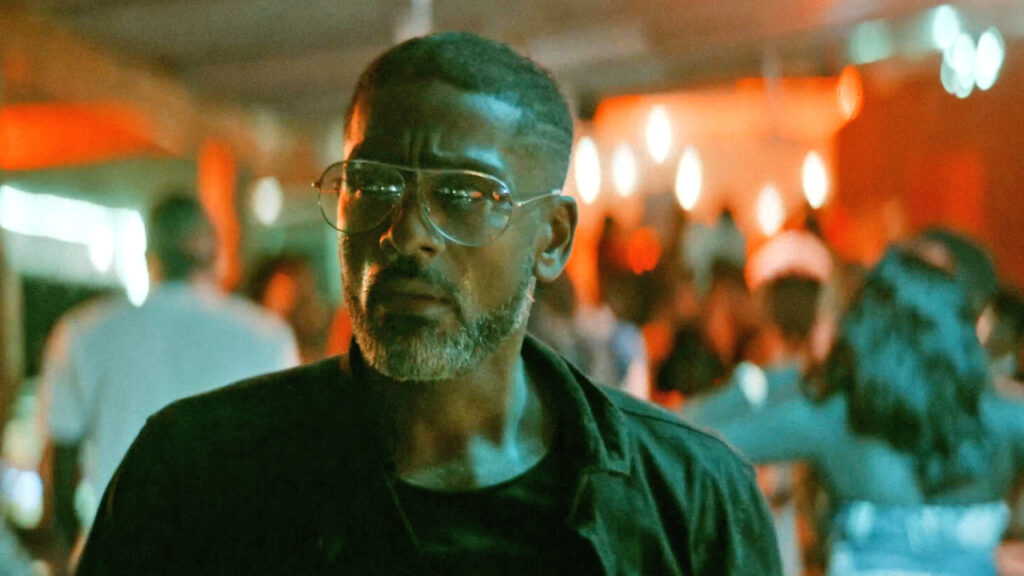
The electrifying thriller The Dog follows a classic neo-noir premise. MZ (Alexander Karim), a low level hood, is assigned to drive the call girl, Kadzo (Catherine Muthoni), and he falls for her – against the explicit instructions of their employer and advice from Kadzo herself. To stake a new start for them in a faraway land, he reaches for the big score. Desperation results. What’s unusual about The Dog is that it’s exceptionally exciting and that it’s set in Mombasa, Kenya.
In his quest to make a quick fortune, MZ tries to cash in on a tip about a drug deal. When that goes awry, he finds himself owing a huge debt to Saddam (Caroline Midimo), one of Mombasa’s crime matriarchs. He then tries working with Saddam’s rival Ainea (Veronica Mwaura). MZ takes more and more risks as he get more deeply entangled with the two godmothers. All the way, he’s just one double cross away from disappointing the last people he’ll ever disappoint.
There’s a wonderful low-speed tuk tuk chase (on three-wheel taxis) through Mombasa’s open air markets, street performers and herds of goats. And there’s another unforgettable scene that will be particularly uncomfortable for male audience members.
The Dog matches up well to Howard Hawks’ definition of a great movie – three great scenes and no bad ones“. My FOUR nominations for the three great scenes:
- a big spender who owes MZ money brings him to his home;
- Kadzo has MZ film her latest video ad, and he watches her at her sexiest through her cellphone camera.
- Kadzo explains that she is not asking anyone to save her;
- MZ faces his reckoning,
The Swedish-born Alexander Karim is superb as MZ. MZ works out to maintain a physicality that intimidates johns and debtors, but he knows his place in the crime hierarchy and grovels before the godmothers; when he screws up, he knows the consequences and moves directly into desperate terror. Alexander Karim has worked in lots of Scandanavian films (so he must be familiar with Nordic Noir) and appeared in Gladiator II.
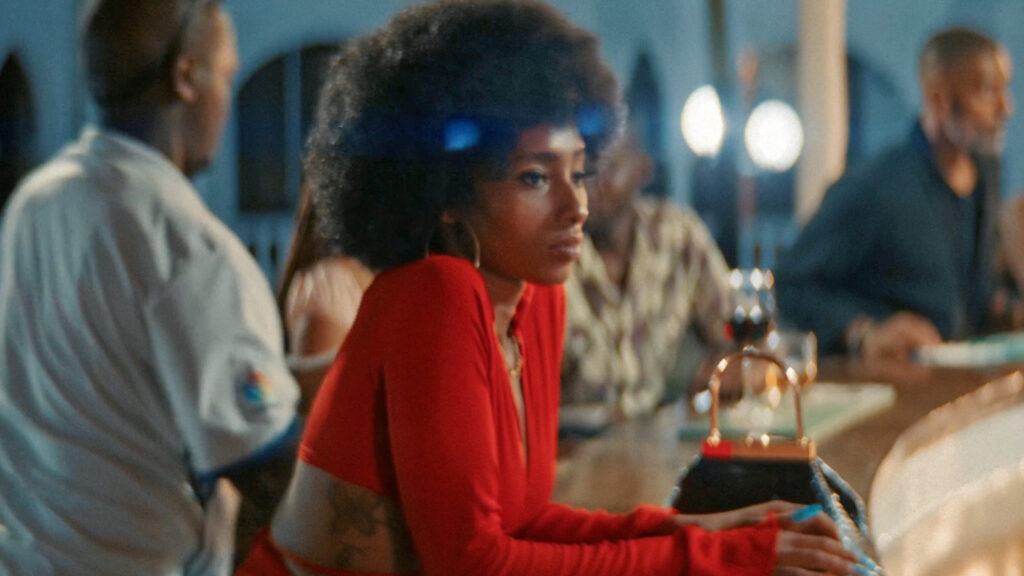
Catherine Muthoni is very good as Kadzo. This may be a neo-noir, but Kadzo isn’t a manipulative femme fatale – it’s only MZ who drives himself to his fate. Midimo and Mwaura are wonderful as the two crime bosses. Watch for how matter-of-factly Midimo dons Saddam’s eyeglasses in the most extreme scene.
The Dog is brilliantly directed, and edited. The director is Alexander’s Ugandan-born brother Baker Karim, who is also based in Sweden. That makes The Dog a Swedish movie, although it has every appearance of a Kenyan film.
I screened The Dog for my coverage of Cinequest.

